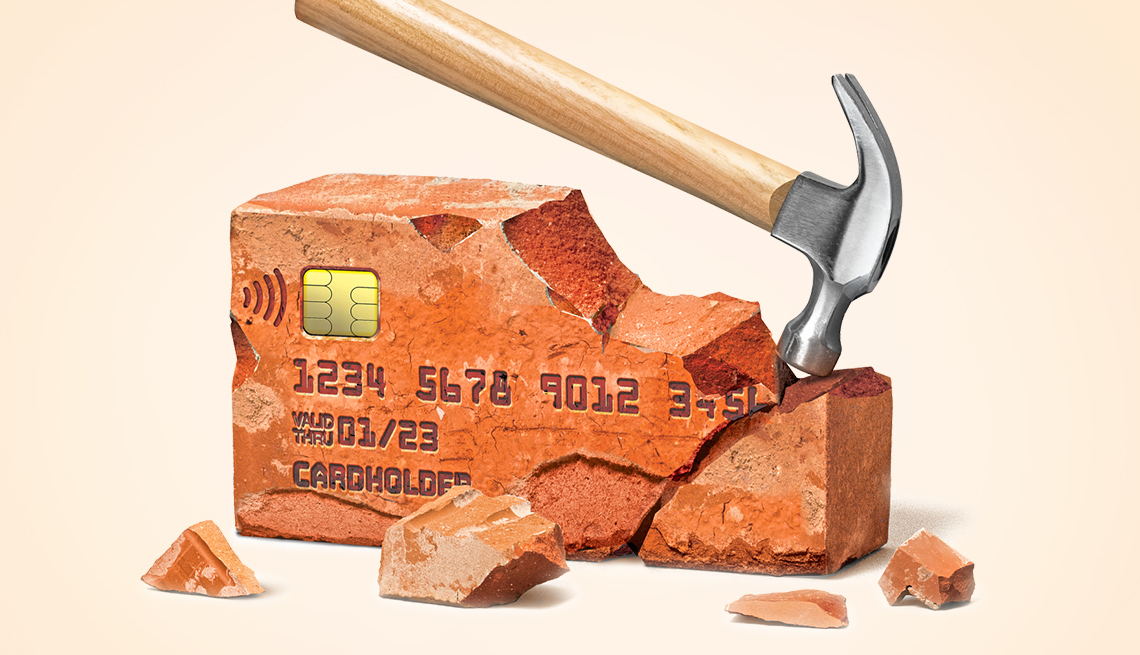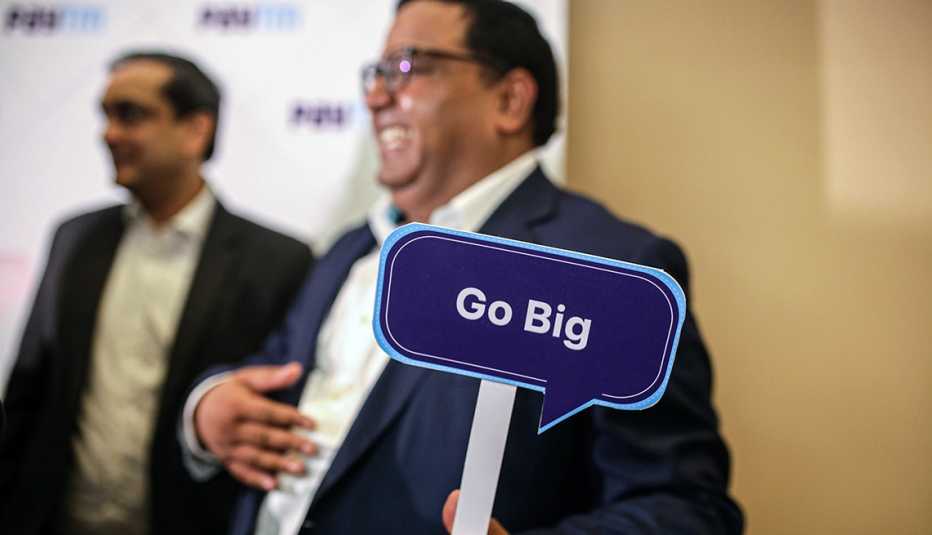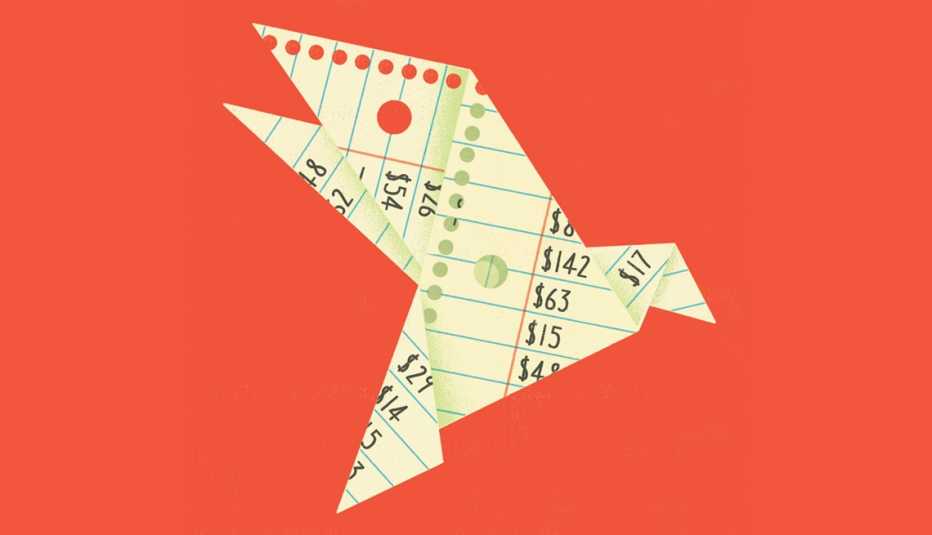Staying Fit
You may not be able to do anything about big problems afflicting the economy and the stock market, but little changes to your everyday activities can help shore up your financial security. Consider the following six routines — and why you should ditch them in 2023.
1. Constantly checking your portfolio’s value
During rocky times in the market, it’s natural to want to know how your investments are holding up. But the more often you check, the wider you open the door to counterproductive emotions. Exuberance can fuel overconfidence and unwise risk-taking, while fear of loss can drive you to yank money out of stocks and miss out on future returns, says Chris Orestis, president of Retirement Genius, a financial planning website. Either way, you impair your portfolio’s long-term growth potential.


AARP Membership— $12 for your first year when you sign up for Automatic Renewal
Get instant access to members-only products and hundreds of discounts, a free second membership, and a subscription to AARP the Magazine.
How to break the habit
Keep in mind that short-term ups and downs are a package deal when you invest in stocks, but over time the stock market has recovered from declines and resumed climbing. In the past 42 years through 2021, the S&P 500 had intra-year declines in every year averaging negative 14 percent, with dips of 10 percent or more in 23 years, according to Fidelity. But the index ended in positive territory in 35 years, and the average annual return has been around 14 percent.
2. Downplaying the risk of cybercrime
You might think cybertheft will never happen to you, but the older you are, the more likely you are to be a target. Cybercriminals stole nearly $3 billion from people 50 and older in 2021 — more than all younger age groups combined — according to the FBI. The most common tactic is to entice people into providing personal data by phone or email, or into clicking on seemingly innocent links that let criminals access information on a target’s computer. Paul Tracey, CEO of Innovative Technologies, a cybersecurity company, says scammers have been getting increasingly sophisticated. They commonly pose as employees of familiar companies and drop personal details about you that make them seem legitimate, such as your birthday or where you live (often easily found in an online search).







































































